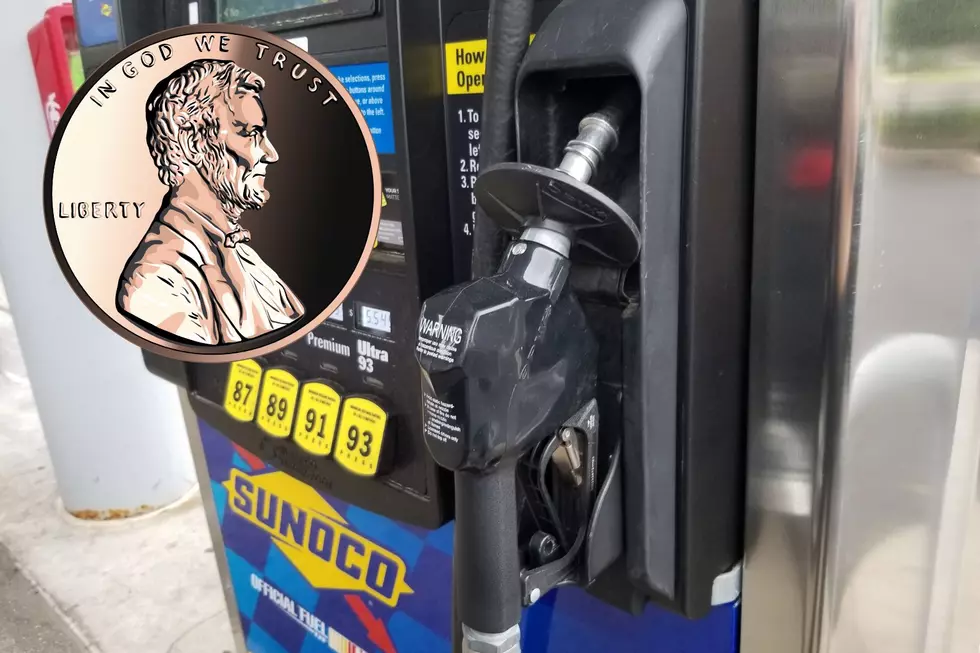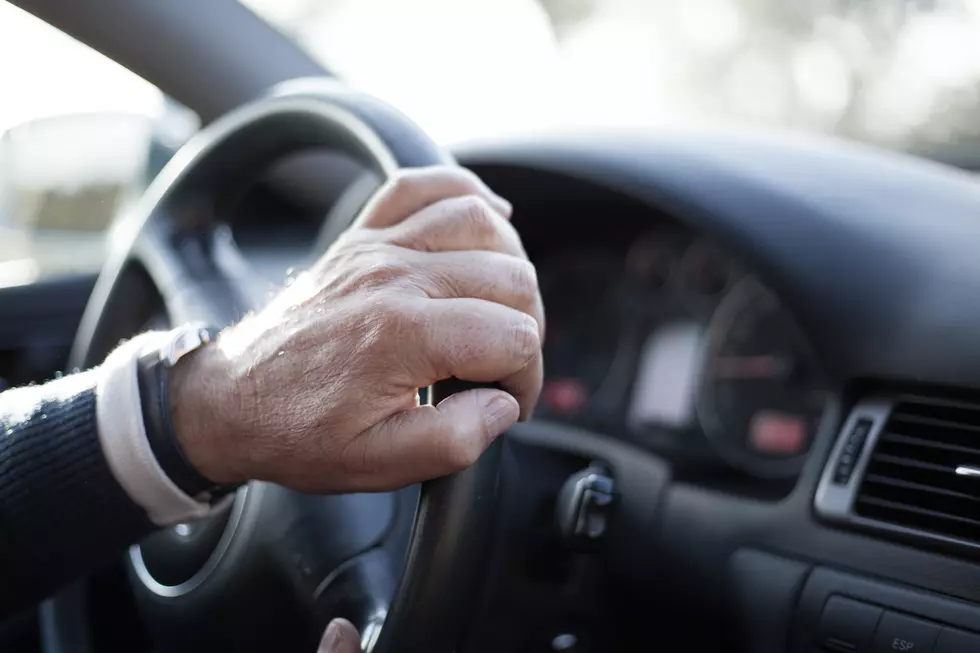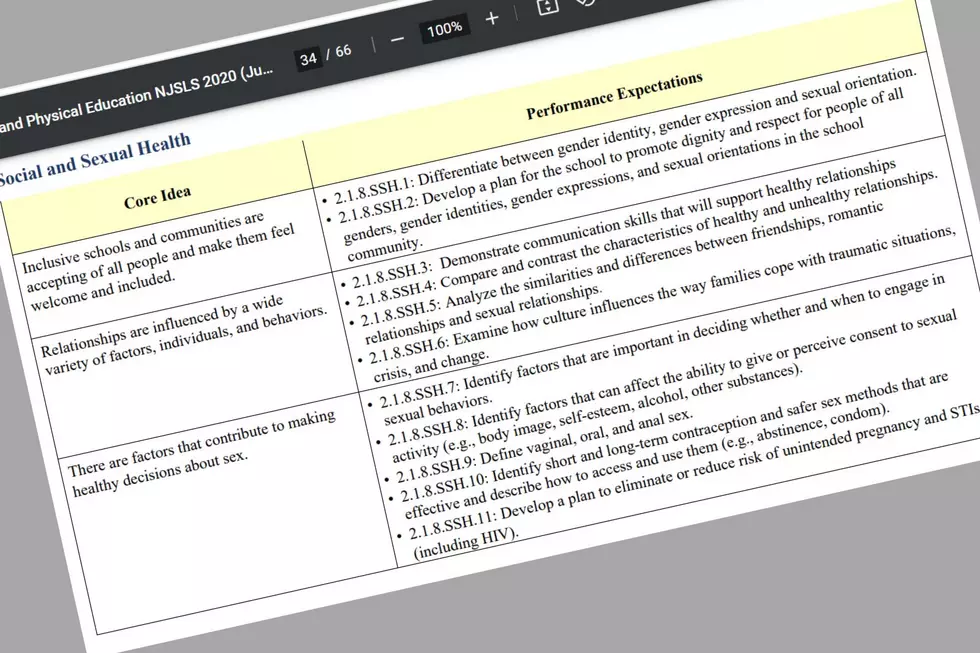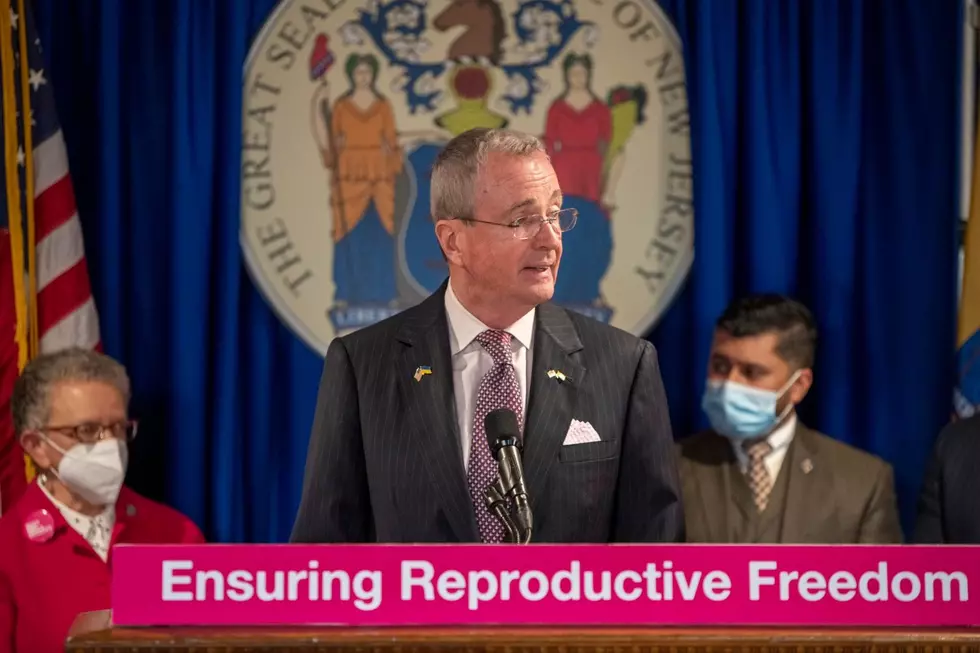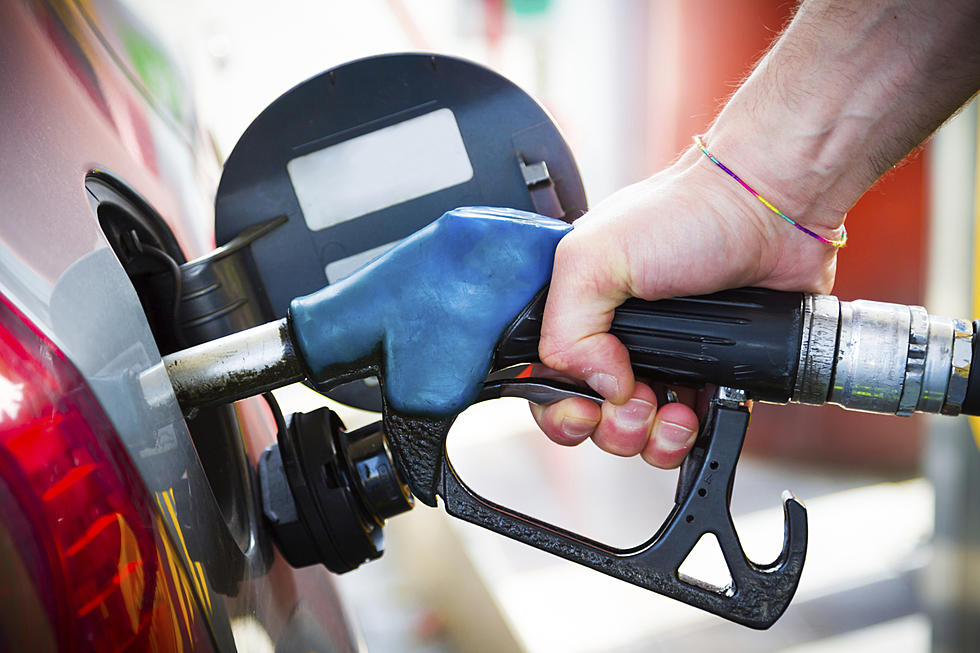NJ gas tax gets green light from legislative committees
TRENTON — A bipartisan plan to pay for New Jersey road and bridge work for the next 10 years with the help of a 23-cents-per-gallon increase in the gas tax passed its first legislative test Thursday, clearing two key committees.
The Assembly and Senate budget committees approved the proposal, sending the measure to the full Assembly and the Senate, both led by Democrats.
At least 100 people packed the Senate committee room to hear debate on the proposal, which has the support of the Legislature's Democratic leadership, some Republicans and the state's business community. Some labor unions also back the plan.
"We've been elected to lead and not to kick the can down the road any longer," Budget Committee Chairman Paul Sarlo, the plan's sponsor, said.
Liberal opponents of the proposal specifically object to a provision that cuts the estate tax while conservatives say residents cannot afford to pay more for gas.
"This is Thelma and Louise driving over a fiscal cliff," New Jersey Sierra Club director Jeff Tittel said.
Authority to borrow for new road and bridge projects runs out July 1 for the state's $1.6 billion transportation trust fund.
Republican Gov. Chris Christie has said he won't support the plan because it doesn't represent "tax fairness." He hasn't outlined his own plan, but lawmakers have included several tax cuts aimed at winning support.
Besides raising the wholesale tax on fuel from 14.5 cents to 37.5 cents, the plan would phase out the estate tax over four years, allow residents to make a charitable deduction on their returns, raise the exclusion on taxable retirement income and raise a tax credit for the working poor.
The legislation provides for a $2 billion-per-year transportation trust fund, up from $1.6 billion currently.
Republican Sen. Steve Oroho, a co-sponsor of the plan who has taken criticism for supporting the gas tax hike, said the legislation would make New Jersey more competitive with neighboring states by reducing the burden placed on families that would have to pay a tax on estates left to them.
"It is a matter of economic necessity that we make the needed improvements to our infrastructure and a matter of fairness that out-of-state drivers share the costs," he said.
More From New Jersey 101.5 FM


